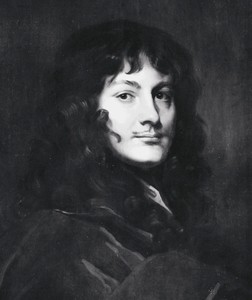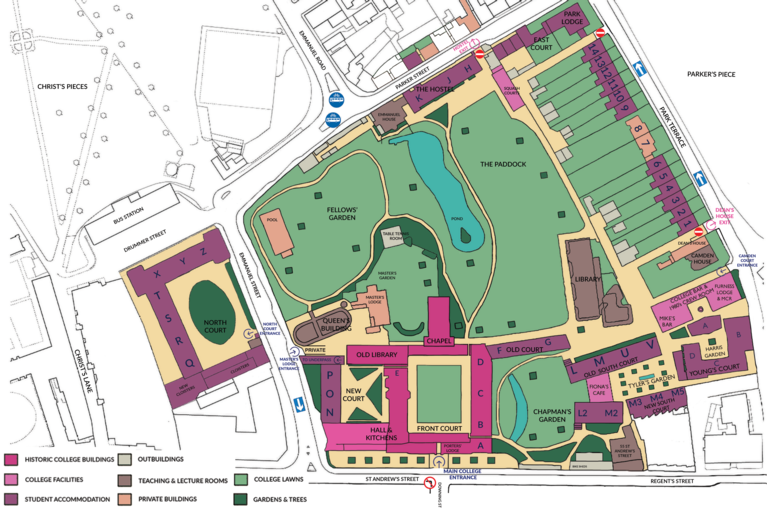Sir William Temple (1628 - 1699)

Restoration diplomat, statesman and essayist
William Temple, being a man of moderate wealth and good family (his father Sir John was Master of the Rolls in Ireland) entered Emmanuel in 1644 as a fellow-commoner. After leaving Cambridge he set off to travel in France, and on the way fell in with Peter and Dorothy Osborne, whose father was at that time holding Guernsey for the King. All three were arrested in the Isle of Wight for scratching royalist graffiti on a window-pane; but Dorothy took the blame, relying on the Roundheads' gallantry, and so secured their release. Hence began a courtship, familiar still through Dorothy Osborne's charming letters to Temple, which for seven years survived the objections of Temple's father (a member of the Long Parliament) and the proposals of other suitors (including Oliver Cromwell's son Henry - another Emmanuel man, of the same year).
Between 1655 and the Restoration, Temple and his wife lived quietly in Ireland, moving in 1663 to Sheen in Surrey. During the next decade Temple was employed on a number of diplomatic missions; he had travelled extensively before his marriage, and had fluent French and Spanish. It was he who in 1666 negotiated the Triple Alliance of England, Sweden, and Holland, to establish a balance of power against France, and in 1673 the peace which concluded the Second Dutch War. More important in the long term was his role in 1674 in arranging the marriage of the young William of Orange and Charles II's yet younger niece Mary.
For all his skill as a diplomat, Temple preferred a life of country ease. He purchased in 1680 a house at Farnham, which he renamed Moor Park, and devoted much care to laying out the gardens; already at his previous home his orangery and wall-fruit had been much admired by that expert John Evelyn. His other pursuit was literature. Besides an account of the United Provinces of the Netherlands, he published memoirs of his diplomatic activities, and miscellaneous essays including one on gardens. He had as amanuensis the young Jonathan Swift, whose later creation Lemuel Gulliver, we may note, was another Emmanuel man. Temple's style was commended by Samuel Johnson as the first English prose to pay true attention to rhythmical cadence.
In Emmanuel we should also remember Temple as the donor, in 1677, of a handsome silver caudle-cup, and in 1693 of new tables and forms for the dining hall, still in daily use.

